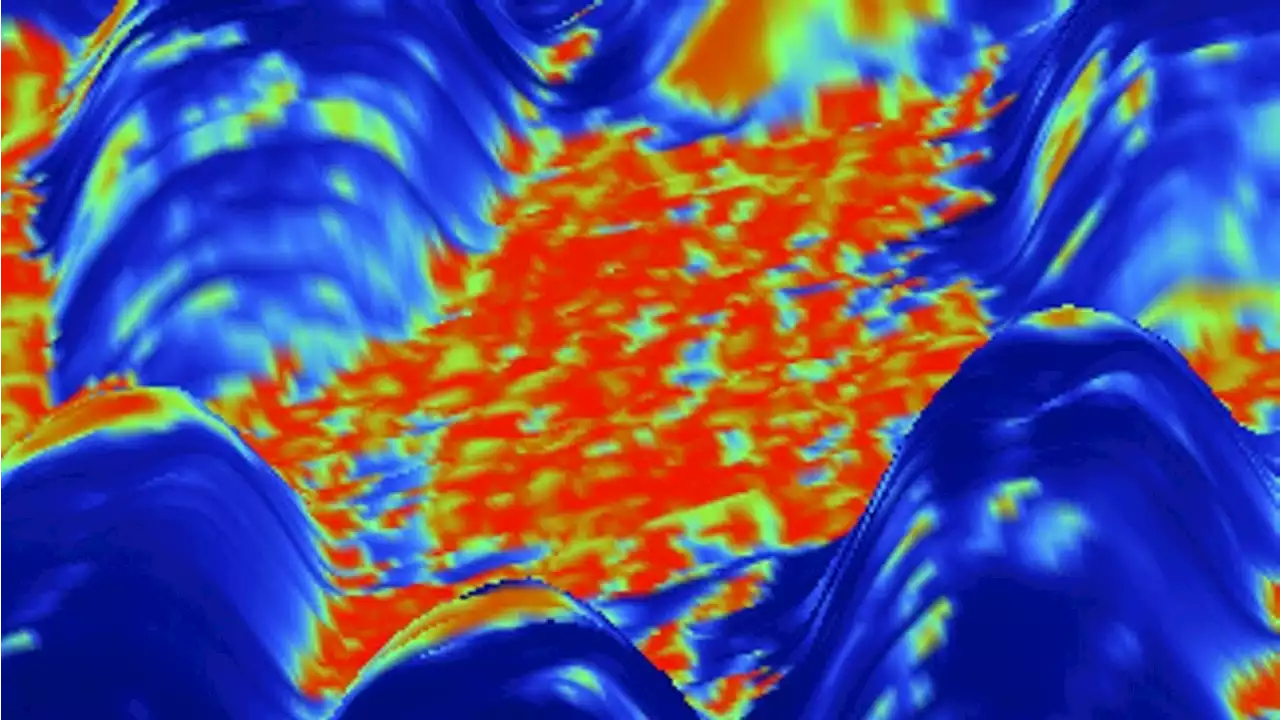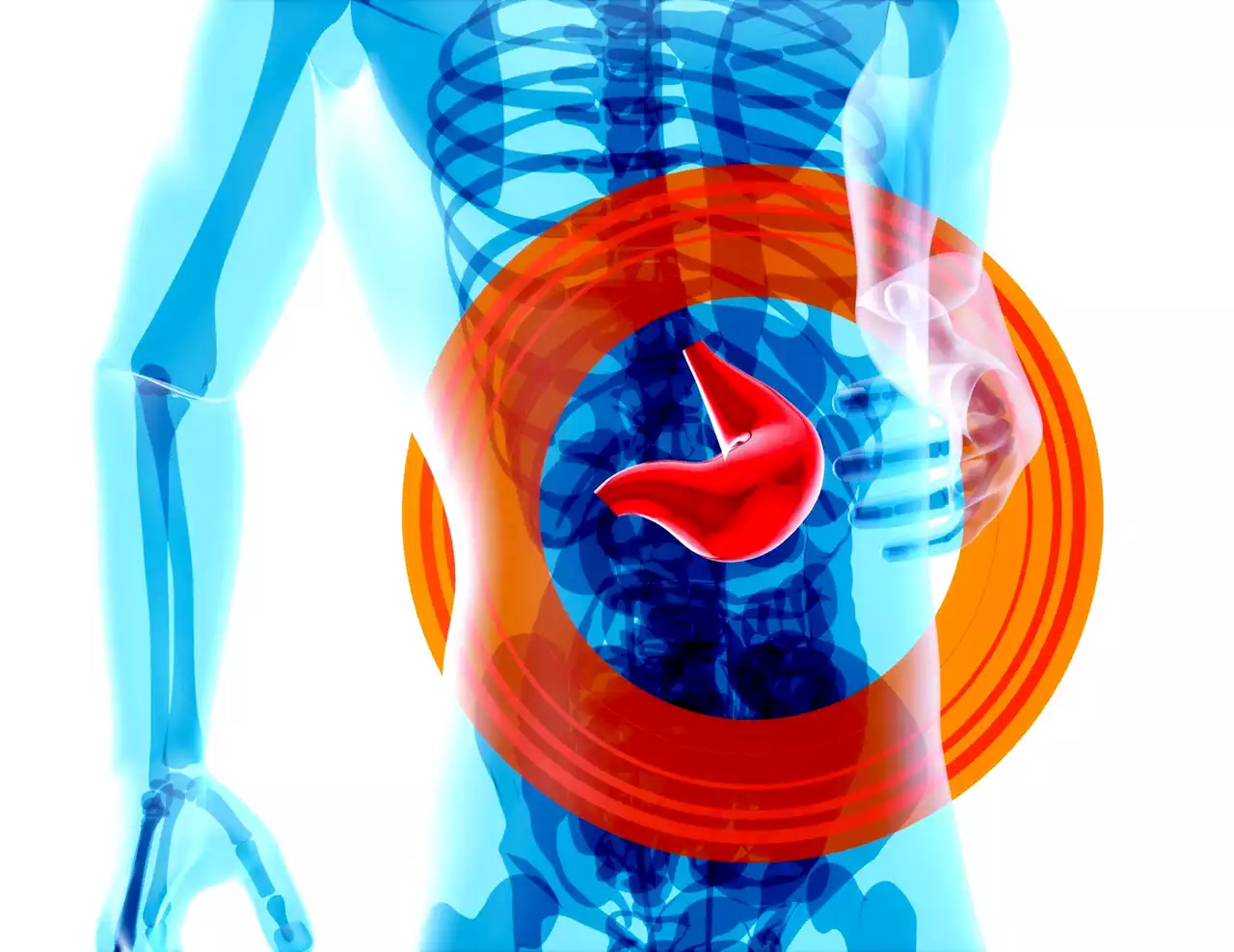Scientists discover a new way to prevent secondary breastcancer icrnews naturecancer
Nature Cancer
The researchers then explored whether blocking PDGF-C activity could prevent the"reawakening" of these cells and the growth of secondary tumors. Professor Clare Isacke, Professor of Molecular Cell Biology at The Institute of Cancer Research, London, said,"This is an exciting stride forward in our understanding of advanced breast cancer—and how and why breast cancer cells form secondary tumors in the lungs. Next we need to pin point when these age-related changes happen and how they vary between people, so that we can create treatment strategies that prevent cancer cells 'reawakening.
United Kingdom Latest News, United Kingdom Headlines
Similar News:You can also read news stories similar to this one that we have collected from other news sources.
 Scientists track iceberg the size of LondonTwo bergs the size of Greater London and Cornwall are drifting towards an area where they could affect shipping and nature.
Scientists track iceberg the size of LondonTwo bergs the size of Greater London and Cornwall are drifting towards an area where they could affect shipping and nature.
Read more »
 No Seriously, Scientists Really Want You To Get Your 'Beauty' SleepExcuse us while we get an early night.
No Seriously, Scientists Really Want You To Get Your 'Beauty' SleepExcuse us while we get an early night.
Read more »
 Scientists Use AFM to Image ElectrocatalysisIn this study, the researchers utilized conductive atomic force microscopy (c-AFM) to investigate the potential of nanostructured and bimetallic copper-gold electrocatalysts for carbon-dioxide electroreduction.
Scientists Use AFM to Image ElectrocatalysisIn this study, the researchers utilized conductive atomic force microscopy (c-AFM) to investigate the potential of nanostructured and bimetallic copper-gold electrocatalysts for carbon-dioxide electroreduction.
Read more »
 Pancreatic cancer symptoms as disease could be detected by simple breath testScientists are developing the simple test that could detect pancreatic cancer in earlier stages.
Pancreatic cancer symptoms as disease could be detected by simple breath testScientists are developing the simple test that could detect pancreatic cancer in earlier stages.
Read more »
 Is India-China infrastructure race damaging Himalayas?Scientists say the pace with which infrastructure is being built threatens the Himalayan ecosystem.
Is India-China infrastructure race damaging Himalayas?Scientists say the pace with which infrastructure is being built threatens the Himalayan ecosystem.
Read more »
 Gut microbiome can play key role in response to CAR-T cell cancer immunotherapyScientists from German Cancer Research Center (DKFZ), together with colleagues from Germany, Israel, and the U.S., have found that the gut microbiome may modulate the efficacy of CAR-T cellular immunotherapy CAR-T cells in patients with B cell lymphomas. Individualized microbiome information retrieved from patients' gut microbiomes prior to initiation of CAR T therapy could accurately predict their subsequent responsiveness to therapy, but only in the condition that these patients were not pre-treated with broad spectrum antibiotics.
Gut microbiome can play key role in response to CAR-T cell cancer immunotherapyScientists from German Cancer Research Center (DKFZ), together with colleagues from Germany, Israel, and the U.S., have found that the gut microbiome may modulate the efficacy of CAR-T cellular immunotherapy CAR-T cells in patients with B cell lymphomas. Individualized microbiome information retrieved from patients' gut microbiomes prior to initiation of CAR T therapy could accurately predict their subsequent responsiveness to therapy, but only in the condition that these patients were not pre-treated with broad spectrum antibiotics.
Read more »
